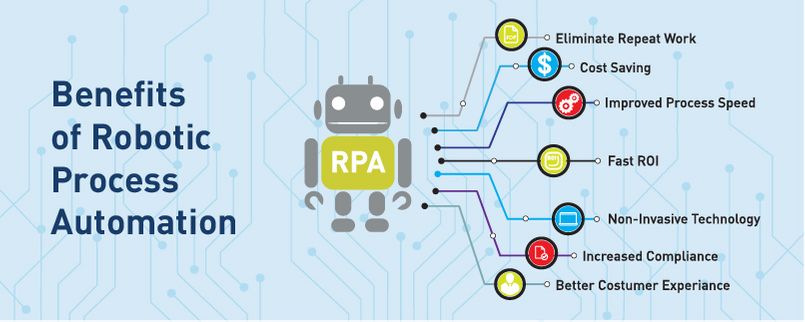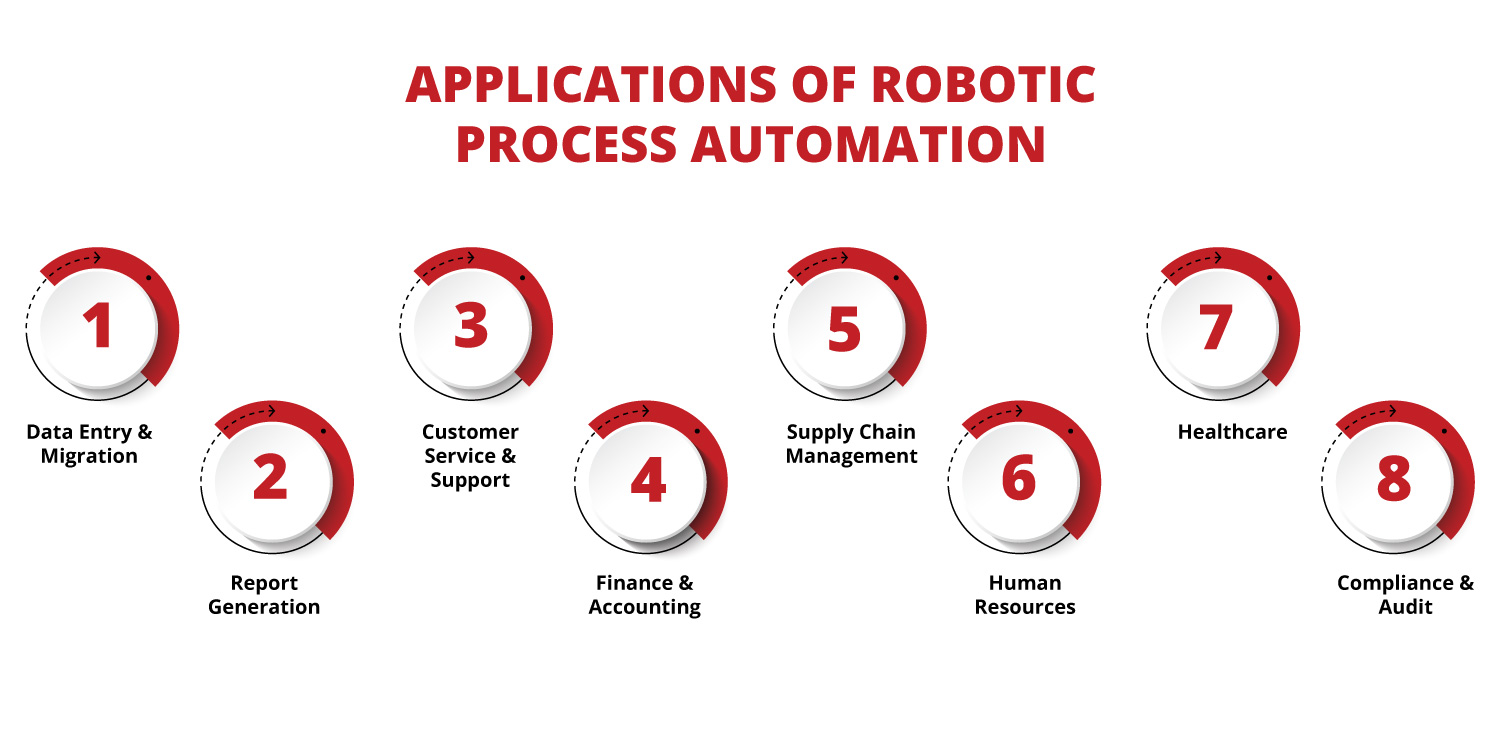Robotic Process Automation: Revolutionizing the Future of Business Operations
In today’s digital era, businesses are constantly looking for ways to improve efficiency, reduce costs, and streamline processes. One of the most powerful tools at their disposal is Robotic Process Automation (RPA). RPA is reshaping industries by automating repetitive, rule-based tasks, and freeing up valuable human resources for more complex and strategic work. In this article, we will explore the fundamentals of RPA, its benefits, and how it can help businesses unlock new opportunities for growth and innovation.
What is Robotic Process Automation?
Robotic Process Automation refers to the use of software robots or ‘bots’ to automate business processes that are repetitive, high-volume, and rule-based. These bots mimic human actions such as data entry, form filling, report generation, and data extraction from multiple systems, ensuring that tasks are performed consistently and without errors. By implementing RPA, organizations can automate mundane tasks, significantly reducing manual workload and operational costs.

The Benefits of Robotic Process Automation for Businesses
-
Increased Efficiency and Productivity
RPA allows businesses to automate routine tasks, leading to faster completion of processes and more efficient use of resources. By eliminating the need for human intervention in repetitive activities, organizations can save time and increase productivity across departments.
-
Cost Reduction
Automating tasks with RPA reduces the need for human labor in certain areas, which can lower operational costs. With reduced errors and faster turnaround times, businesses can achieve greater profitability with less investment in manual labor.
-
Improved Accuracy
One of the most significant advantages of RPA is its ability to perform tasks with high accuracy. Bots do not suffer from human errors such as data misentries or overlooked steps. This leads to fewer mistakes and more reliable results, which is crucial in areas like finance, healthcare, and legal industries.
-
Enhanced Scalability
As your business grows, the demand for repetitive tasks increases. RPA makes it easier to scale operations without significantly increasing the workforce. Bots can be easily deployed across different functions, ensuring a smooth expansion process with minimal disruption.
-
Better Employee Satisfaction
By automating monotonous tasks, RPA allows employees to focus on more engaging and valuable work. This enhances job satisfaction, reduces burnout, and fosters a culture of innovation within the organization.

How Does Robotic Process Automation Work?
RPA bots work by mimicking human actions through the use of specialized software platforms. These platforms provide tools to design, manage, and deploy automation processes. The bots follow pre-set workflows, using artificial intelligence (AI) and machine learning (ML) technologies to make decisions based on data inputs.
For instance, in an accounts payable department, an RPA bot can extract invoice data from emails, cross-check it with purchase orders, and input the information into the enterprise resource planning (ERP) system. Once the invoice is validated, the bot can process payments and notify the relevant stakeholders.
Key Industries Benefiting from Robotic Process Automation
- Healthcare: Automating patient data entry, medical billing, and claims processing.
- Finance: Streamlining financial reporting, data reconciliation, and regulatory compliance.
- Retail: Enhancing inventory management, order processing, and customer support.
- Manufacturing: Optimizing supply chain processes, quality control, and production scheduling.

Overcoming Challenges in RPA Implementation
Despite its many benefits, RPA implementation does come with challenges. For example, integrating RPA with existing systems can be difficult, especially if legacy software is in place. Additionally, organizations must invest in training and change management to ensure employees are ready to embrace automation.
Conclusion: The Future of Robotic Process Automation
As businesses continue to adopt Robotic Process Automation, the technology will evolve and become even more sophisticated. With advancements in AI and machine learning, RPA systems will handle more complex tasks and make better decisions, further enhancing the efficiency and productivity of organizations.
By embracing RPA, businesses can streamline operations, reduce costs, and improve employee satisfaction. The future is clear: Robotic Process Automation is not just a trend, but a key enabler of digital transformation that will shape industries for years to come.
For more information, please visit



